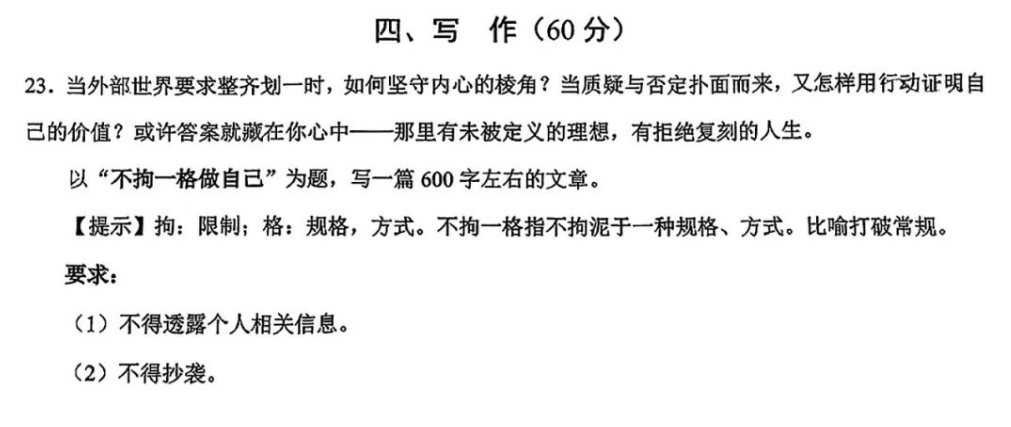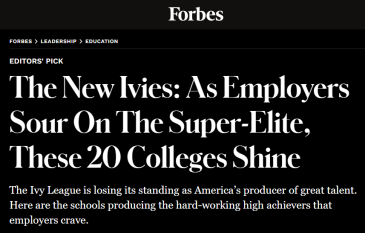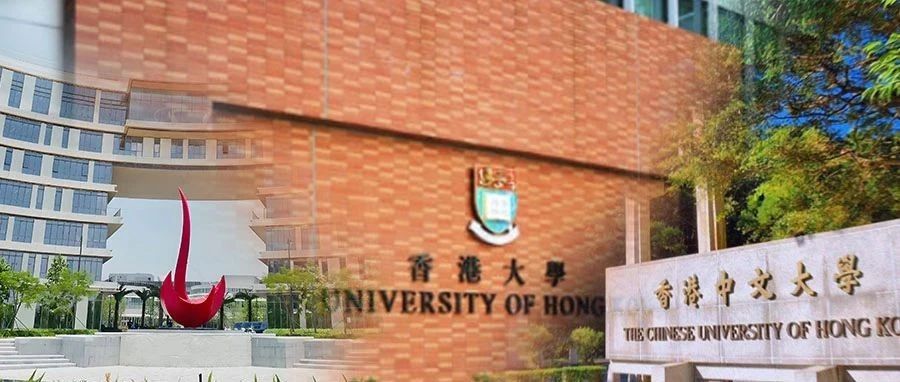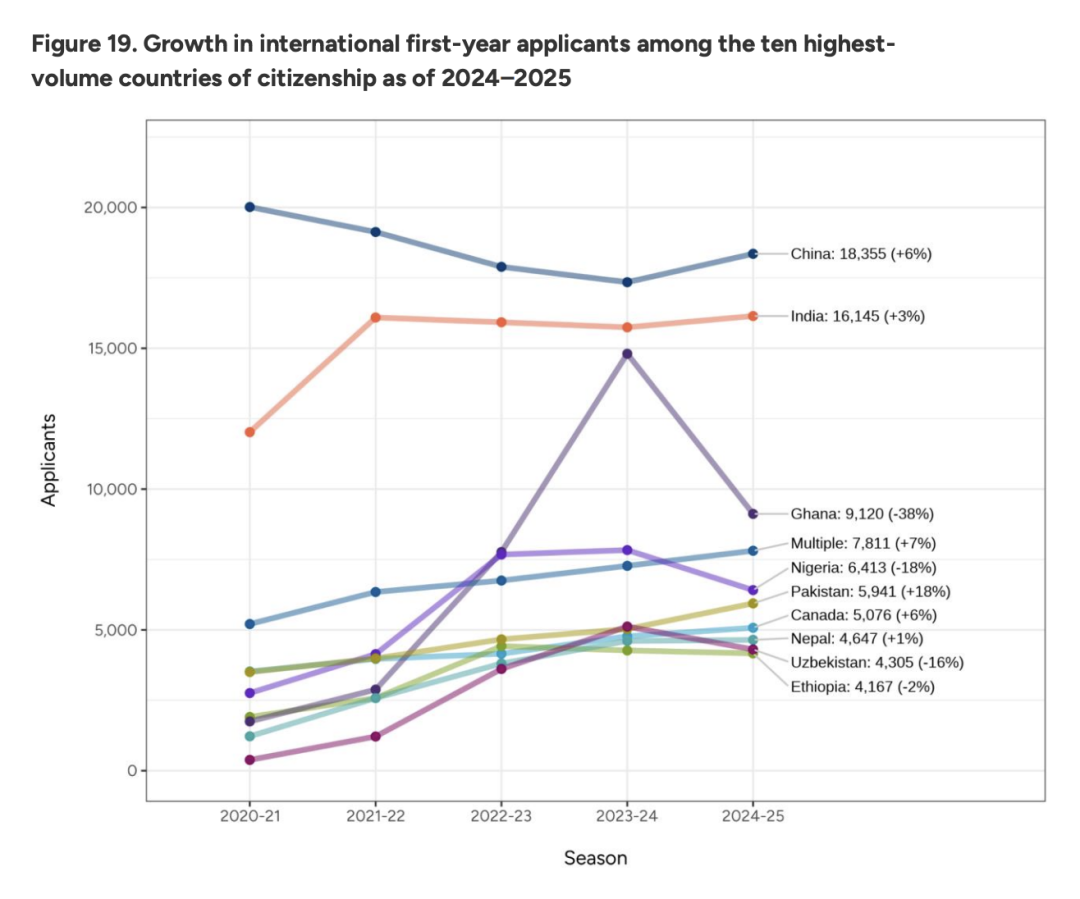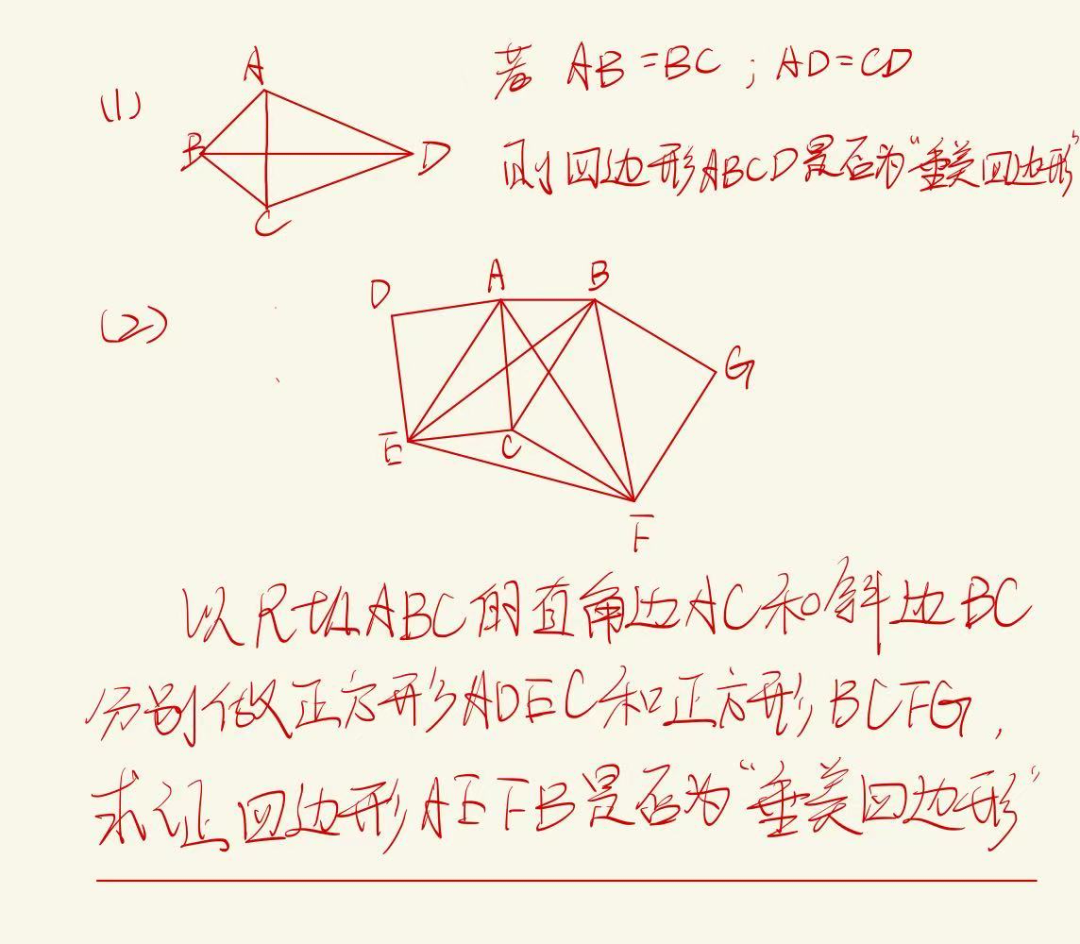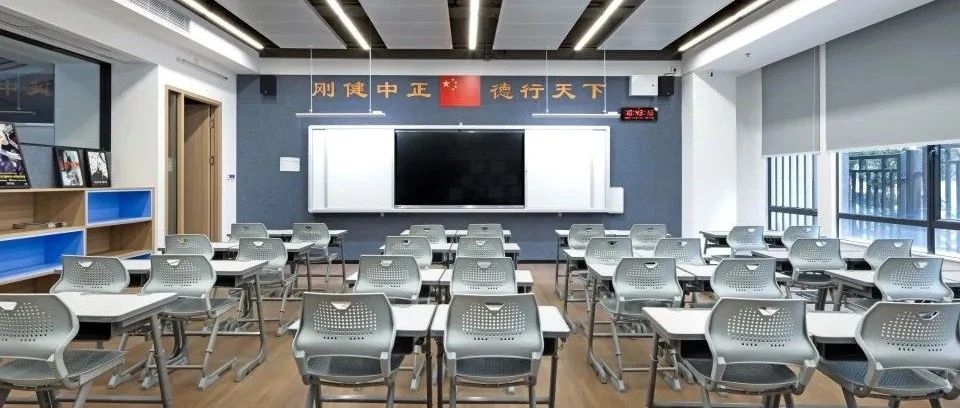在上一篇中,我们讨论了经济类辩题的特点和备赛要点 ,本期我们将和大家聊聊 经济类辩题中的一些常见概念 及其在秋季辩题中的运用,对政府和私人投资来说,机会成本具体指的是什么?外界效应和规模效应又会怎样影响它们的决策?下面就一起来看看吧~
今天要和辩手们分享:4 Economic Concepts You Need to Know in Economics Debates
#1 Opportunity Cost 机会成本
Opportunity Cost refers to the potential opportunities or costs that are given up when one chooses to do something. For example, if you choose to read this article to help your fall tournament preparation, your opportunity cost would be the time you could've spent studying, playing video games, or having a nice meal.
机会成本就是当一个人选择做某项事情的时候所放弃的潜在机会/成本。
比如你现在选择放下手上的事情来看这一篇推文,希望能从中学到什么来帮助你的秋季赛准备,那么你的机会成本就是本可以用来学习/打游戏/吃饭的时间。
In the Fall Tournament's topic, the opportunity cost for the government is tax revenue. The government could have used this revenue to improve public facilities and social welfare scheme, such as education and healthcare. Instead, they choose to invest in space exploration. Private companies face the same dilemma; the opportunity cost for them to invest in space exploration is the revenue they could've earned by investing or operating in other businesses.
在秋季赛的辩题中,政府的机会成本就是人们的税收。政府原本可以用税收去建设公共设施,提高人民的福祉,如教育和医疗,但是他们选择了使用这一部分钱去进行太空探索。
私营企业也是一样的,他们为了投资太空探索的一个机会成本是放弃了本可以用这部分钱所进行投资/经营其他生意所带来的收入。
#2 Externality 界外效应
Externality refers to the side effects or consequences that affect other people when someone does something. For instance, flying out with your family for vacation brings you joy but also contributes to pollution and increases the greenhouse effect. This is an example of negative externality. However, externalities can also be positive, like the happiness and relaxation you gain from the vacation, helping you to focus more on your subsequent studies.
界外效应就是指当某个人做某件事的时候,同时产生了一些影响到其他人的结果。比如坐飞机和家人出去旅游,你享受了与家人的愉快假期,但是却同时产生了污染,增加了温室效应。这是一个负面界外效应的例子,但是界外效应也可以是正面的,如出去旅游获得的愉快和放松的心情,让你在接下来的学习中能够更加投入更加专注。
In the context of the Fall Tournament's topic, the potential externalities could be technological innovation, enhanced national status, or issues related to space debris.
在秋季赛的辩题中,外太空的探索的潜在边界效应的体现可能就是技术的创新,国家地位的提高,或者是太空垃圾的处理问题。
#3 Economics of scale 规模经济
Economies of scale refer to the cost advantages that enterprises experience when production becomes more efficient with increasing scale of production. The more you produce, the less each product costs on average. This is why superstores like Sam's Club can offer lower average prices than small stores. If you need to purchase raw materials, the more you buy, the more bargaining power you have, and the more discounts you might receive.
规模经济是指当你生产的量增加时,平均每单位产品的生产成本就会逐渐下降。你生产得越多,平均每件产品的成本就会越少,这也就是为什么山姆超市的超大号商品能够做到均价比小超市的商品低的原因。比如你需要采购一些原材料,那你买的量越多,你和商家的议价权就越大,商家可能给你的折扣也就越多。
In the Fall Tournament's topic, if the government generally has more disposable resources than many private companies, this could potentially lower their R&D investment. If private companies can raise more resources, their R&D investment could be even lower.
在秋季赛的辩题中,如果政府的可支配资源量级一般来说会比很多私营企业的大,那么这也有可能会降低他们的研发成本。如果私营企业能够募集到更多的资源,那么他们的研发成本就会更低。
#4 Information Asymmetry 信息不对称
Information asymmetry is when different parties in a business transaction have unequal information. This could be so-called "trade secrets" or some internal information.
信息不对称是指在商业交易中,双方或者多方各掌握的信息是不同的,可能是所谓的“商业机密”,或者是一些内部的信息。
Tournament's topic, if a private company successfully develops new space exploration technologies, they are likely to patent or keep their knowledge confidential to maintain market competitiveness. This results in only them knowing how to achieve a certain technology.
在秋季赛的辩题中,私营公司大量投入并成功研发了外空探索的新技术时,多半会申请专利或者保密自己的知识来确保自己在市场上的竞争力,导致只有他们知道如何实现某项技术。
Other companies or governmental agencies wanting to achieve the same technology would need to invest their resources, possibly leading to resource wastage in space exploration.
那么别的公司/政府部门想要实现同样的技术或者做出更好的产品就只能自己投入成本,而这也可能成为在太空探索上资源的浪费。






